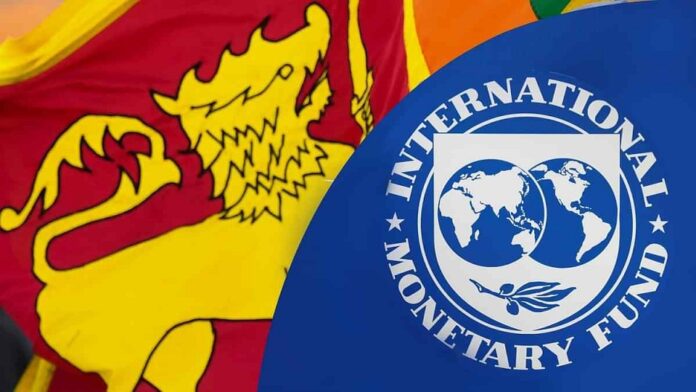By: Staff Writer
Colombo (LNW): The International Monetary Fund’s (IMF) corruption-busting governance diagnostic report compiled by the recently concluded IMF mission has made 16 Priority Recommendations for Sri Lanka to improve the island nation’s governance system, IMF sources divulged.
Sri Lanka is the first country in Asia to undergo an IMF governance diagnostic under the global lender’s key structural reform to address corruption vulnerabilities and enhance growth.
The Sri Lanka Governance Diagnostic Assessment September 2023 by the IMF mission has revealed that social tensions remain high in the island nation due to falling real incomes.
This is despite tentative signs of macroeconomic stabilization with inflation moderating, exchange rate stabilizing, and the Central Bank of Sri Lanka (CBSL) rebuilding reserves buffers.
It adds that the government measures to address the balance of payment crisis, including tax reforms and cost-recovery pricing in the energy sector, have raised the cost of living.
The Diagnostic Assessment noted that the continued shortages of essentials, strong-arm measures against protestors, and the postponement of local government elections have been sources of popular discontent.
It has noted that large fiscal deficit and elevated debt continued to weigh on the recovery prospects.
The Diagnostic Assessment reveals that the absence of visible progress on addressing corruption and holding officials to account for past behaviour raises popular concerns that officials will continue to enjoy impunity for their misconduct.
The GDA revealed systematic and severe governance weaknesses and corruption vulnerabilities across state functions, with particular macroeconomic impact in: budget credibility; expenditure control; public investment management and control of spending
It has also disclosed public procurement; management and oversight of State-Owned Enterprises (SOEs); transparency of revenue policy and the integrity of revenue administration as priority areas of concern.
The governance and legal frameworks of the Central Bank; the application of financial sector regulations; and clarity and security of land ownership and the integrity of the judicial sector were the other ares that needed more attention of the authorities.
Corruption vulnerabilities are exacerbated by weak accountability institutions, including the Commission to Investigate Allegations of Bribery and Corruption (CIABOC) that have neither the authority nor competency to successfully fulfil their functions.
The GDA points out that impunity for misbehaviour enjoyed by officials undermines trust in the public sector and compounds concerns over limited access to efficient and rule-based adjudication process for resolving disputes.
It noted that Corruption vulnerabilities in Public Procurement remain high, and the absence of a public procurement law creates ambiguity in the legal framework, and has contributed to high-levels of political engagement in the selection of procurement winners, poor contract management, limited transparency and a lack of oversight of procurement processes and outcomes.

